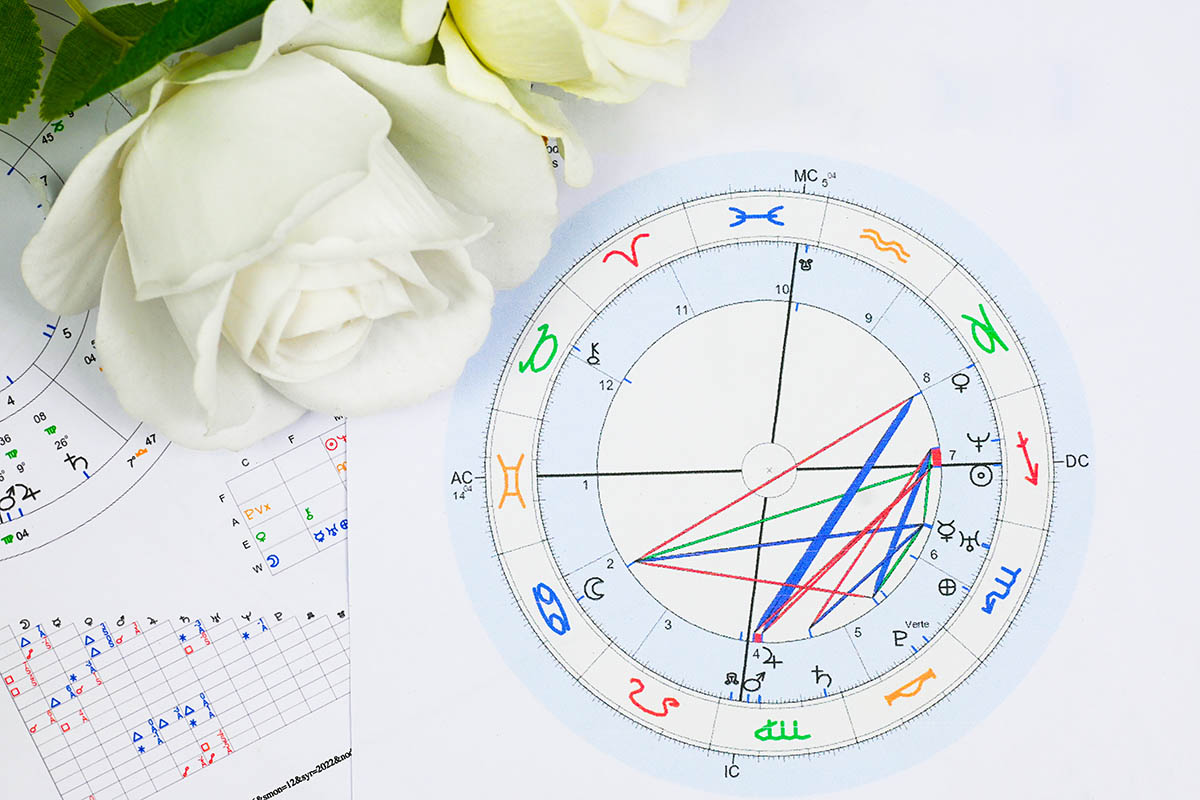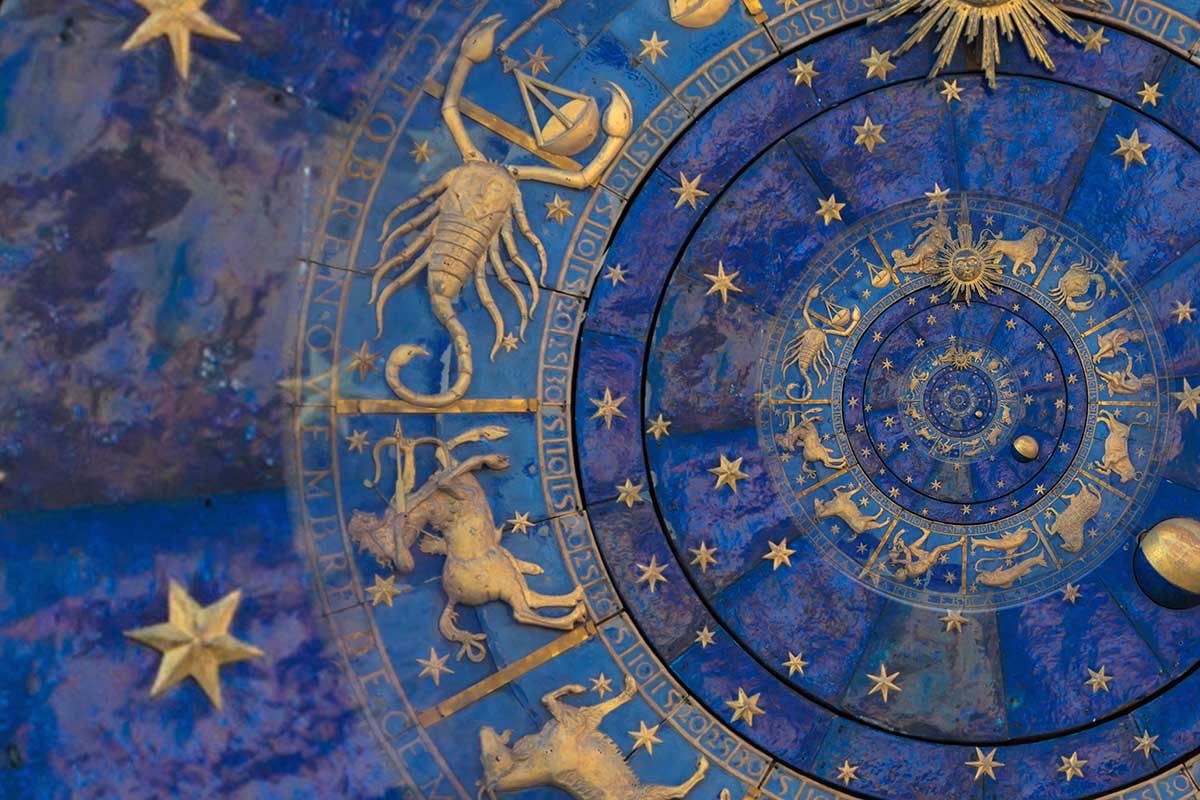An Introduction to the Basics of Astrology
Astrology is an ancient art and science that tackles celestial bodies’ specific positioning and movement. This information is then used to gain insight into human affairs and natural phenomena. Often used as a tool for self-discovery and understanding the cosmos, astrology offers a unique lens through which individuals can explore the intricate dance between the stars and their own lives. In this article, we embark on an introductory journey into the basics of astrology, unraveling the fundamental concepts that underpin this fascinating field.
The Zodiacs
At the heart of astrology is the zodiac, a celestial band divided into twelve parts, all equal and associated with a particular astrological sign. The signs are Aries, Taurus, Gemini, Cancer, Leo, Virgo, Libra, Scorpio, Sagittarius, Capricorn, Aquarius, and Pisces. With regards to information, always look for the proper references. The Healing Chest, for example, is a legitimate source where you can learn more about the zodiacs.
The sun’s position at birth determines a person’s sun sign. This sun sign is primarily used in horoscopes. Each sign has unique characteristics and traits, influencing an individual’s personality and life path.
The Planets
In astrology, planets are crucial in shaping the energies and influences that affect a person’s life. Each planet is associated with specific qualities and archetypal energies. For example, Mercury is linked to communication and intellect, Venus to love and beauty, Mars to action and assertiveness, and so on. The positions of these planets in the birth chart, also known as the natal chart, provide astrologers with valuable insights into an individual’s strengths, challenges, and potential life paths.
The Houses
Astrological houses further refine the interpretation of a birth chart. There are twelve houses, each representing different aspects of life, such as personality, relationships, career, and home. The planetary placements within these houses offer a more detailed understanding of how various areas of life may be influenced. The alignment of planets and signs within specific houses can highlight specific themes, providing a nuanced and personalized astrological portrait.
Aspects
Astrological aspects refer to the angles formed between planets in the birth chart. These aspects reveal the relationships and interactions between different planetary energies. Common aspects include conjunctions, sextiles, squares, trines, and oppositions, each carrying unique meanings.
For instance, a conjunction suggests a blending of energies, while a square indicates tension and challenges. The aspects in a birth chart provide astrologers with valuable insights into the dynamics at play in an individual’s life.
Astrology and Personality
While science and astrology may not see eye to eye, many individuals find that their astrological profiles resonate with aspects of their personality. Sun signs, for example, offer a broad overview of key personality traits, but a comprehensive understanding requires consideration of the entire birth chart. Exploring the unique interplay between planets, signs, houses, and aspects provides a more nuanced and accurate portrayal of an individual’s astrological makeup.
Practical Applications of Astrology
Beyond personal insights, astrology has practical applications in various areas of life. Electional astrology, for example, helps individuals choose auspicious times for significant events, while horary astrology is used to answer specific questions based on the positions of celestial bodies at a given moment. Mundane astrology examines global events and trends, providing a broader perspective on societal shifts.
Conclusion
In this introductory exploration of astrology, we’ve touched upon the foundational elements that shape this ancient practice. From the zodiac and planets to houses and aspects, astrology offers a rich tapestry through which individuals can gain insights into their personalities, relationships, and life paths.
While the validity of astrology may be a subject of debate, its enduring popularity underscores its timeless appeal as a tool for self-discovery and a guide to navigating the complex interplay between the celestial and terrestrial realms. As we delve deeper into the intricate language of the stars, the mysteries of astrology continue to unfold, inviting us to explore the cosmos within and around us.




















